These are the best mesh Wi-Fi routers you can buy
The best mesh Wi-Fi systems are the networking versions of working smarter, not harder. Compared to a traditional router, mesh systems use several smaller Wi-Fi routers placed around your home to cover you from multiple angles and dodge things like thick walls that can kill your signal. Whether you want top speed and customizability or simplicity and consistency, there's a mesh system that will work in any home. The Eero hits all of the sweet spots of a Wi-Fi system in a small understated housing that loses obtrusive articulating antennas.
Best Overall Mesh Router: Eero
Eero made one of the first consumer mesh Wi-Fi systems and the company keeps making them better with each revision. The current generation has the best blend of advanced networking features of any system available thanks to the small size and compatibility with the wall-plug Eero Beacon. It's also compatible with the Eero 6 if you think you might upgrade to Wi-Fi 6 in the future.
Eero isn't trying to be the fastest router. Its main goal is to offer a solid and reliable connection. To most people, the speeds will be fast enough for all browsing and streaming, including 4K content. There are also two Ethernet ports on each unit if you need them.
If you need a bit more speed, you can go and step up and start with the faster Eero Pro. The best part is that all eeros are compatible so you can focus on speed where you need it and keep things compact where you don't need as much.
Pros:
- Eero works with all other Eero models
- Small and easy to place
- Two Ethernet on each unit
- Great Android and iOS app
Cons:
- Limited "power-user" settings
- Not as fast as the competition
Best Overall
Eero (3-pack)
Small and powerful
Eero creates a great Wi-Fi experience with a simple and stylish appearance and flexible expansion.
Best Value Mesh: TP-Link Deco M5
If you want to set up a mesh network that covers the whole house (up to 5,500 square feet) and don't want to break the bank, grab a TP-Link Deco three-pack. You'll get whole-house coverage without ever-changing networks or hopping onto an extender, plus features like prioritizing and parental control. TP-Link also uses adaptive routing to make sure the whole network is as fast as it can be.
From a hardware perspective, you get plenty of speed on Wi-Fi with AC Wi-Fi delivering 400Mbps at 2.4Ghz and 867Mbps at 5Ghz. Two ethernet ports on each help you keep all of your devices connected, even the older ones. Not to mention, it's a smaller size than some, which makes this an easy router to hide in any room's decor.
Pros:
- Inexpensive
- They look good
- Native Alexa support
- Fast 1300Mbps Wi-Fi (867Mbps + 400Mbps)
Cons:
- No native support for Google Assistant
- Limited "power-user" settings
Best Value
TP-Link Deco M5 (3-pack)
Fast Wi-Fi on the cheap
The TP-Link's Deco M5 mesh offers the most important features in a mesh system for less. It looks good and has great coverage.
Great Mesh Security: Nest Wifi
Nest Wifi starts where Google Wifi left off with a subtle circular design that takes the internal specifications to the next level. The speed gets an upgrade to dual-band AC2200 speeds in the 802.11s standard created for mesh networks with 2,200 square feet of coverage. This helps a remote Nest Wifi router or point connect to the strongest possible path whether that be direct to the base router or through another mesh point.
Google pushed security updates automatically to the routers as well as supporting the newest WPA3 encryption standard. WPA3 has a more authenticating way of authenticating new devices to prevent unauthorized access to the network. It is backward compatible with previous standards to keep working with your older devices.
You can expand your Nest Wifi system with additional Nest Wifi routers, which is the fastest option with the greatest coverage. You can also connect Nest Wifi points or Google Wifi points in areas that don't need as much speed. The Nest Wifi points are significantly slower with an AC1200 connection and don't offer quite as much coverage at 1,600 square feet. If you want wired Ethernet ports on your node, you will need to use a Nest Wifi router or Google Wifi as the Nest Wifi point does not have any Ethernet ports.
Pros:
- Each router has two Ethernet ports
- Expands with other Nest Wifi router or points plus Google Wifi
- Excellent Google Assistant integration
- Fast security updates
- Up to date security with WPA3
Cons:
- Google collects analytical data
- Most settings require an active internet connection
Great Security
Nest Wifi
Fast updates
Nest Wifi has a subtle appearance with great performance and features like WPA3 support, frequent updates, and AC2200 Wi-Fi speed.
Most Flexible Mesh: Asus ZenWiFi AC (CT8)
The ZenWiFi AC (CT8) from Asus is a balanced entry compared to the large range of AiMesh compatible routers. It has good capacity thanks to a tri-band setup, allowing 400Mbps on the 2.4GHz channel, 867Mbps on one 5GHz channel, and 1,733Mbps on the second 5GHz channel. Having a fast extra 5GHz band allows the mesh points to connect to the base router without sacrificing speed to your Wi-Fi devices.
Unlike many mesh systems, Asus lets you choose whether you want a single unified Wi-Fi name for all Wi-Fi bands or want to name them individually. While a single name will be best for many people, as well as much simpler, having the option to force certain devices to use only the faster bands can be useful.
As for expansion, each ZenWiFi unit has three open gigabit Ethernet ports for wired devices plus one for input. Asus allows you to connect any of its AiMesh routers together in software to improve coverage including its older Lyra series of mesh routers. The Asus ZenWiFi AC (CT8) is a great option for someone that wants speed and flexibility with plenty of room to customize.
Pros:
- Fast AC3000 speeds
- Consistent speeds with tri-band Wi-Fi
- Customize the band names
- Up to date security with WPA 3
- Expand with AiMesh
Cons:
- Only three Ethernet ports each
Most Flexible
Asus ZenWiFi AC (CT8)
High-performance with AiMesh compatibility
The ZenWiFi AC from Asus delivers fast Wi-Fi 5 performance with a powerful and flexible mesh solution.
Best Tri-Band Mesh: Eero Pro
Eero Pro is one of the oldest Eeros available but it's still one of the best value mesh systems you can get. With AC2200 tri-band speeds, Eero Pro has enough speed for internet connections up to 550Mbps according to Eero. One 5GHz band can act as a mesh connection to link the different nodes at full speed while the remaining 2.4GHz and 5GHz bands are left to connect to devices.
Whether you're streaming 4k video from Netflix, broadcasting your gameplay on Twitch, or downloading large video games on Playstation 4, this mesh should have no problem keeping up. If you're looking for an Eero mesh that will work well with a gigabit connection, you should instead consider the Eero Pro 6 with a faster backhaul that can support gigabit speeds.
Like all Eeros, this router is compatible with all other Eeros released before and after it so if you want to upgrade an older Eero mesh or just want the flexibility to add more coverage down the line, you can. At just 4.75 inches wide and 1.24 inches tall, the Eero Pro is very compact even compared to dual-band routers with similar coverage.
Pros:
- Consistent speeds with tri-band Wi-Fi
- Works with all other Eero routers
- Fast updates and great software
- Compact size
Cons:
- Only two Ethernet per unit
- Coverage isn't impressive at this price
Best Tri-Band
Eero Pro (3-pack)
A faster Eero with great compatibility
Eero Pro is one of the best-balanced systems around thanks to its fast tri-band speeds, solid coverage, and compact size.
Best Entry Wi-Fi 6 Mesh: Netgear Nighthawk MK62
The Netgear Nighthawk MK62 wasn't the first Wi-Fi 6 mesh to make it to market but it's one of the smallest examples to date. Housed in a compact black cube and offering a fairly standard 3,000 square feet of coverage with two units, this is Wi-Fi 6 for the masses. The speeds are also in line with something this size at AX1800 from a dual-band connection. These speeds are more than enough for most homes while being able to support many more connections than an older router. This is thanks to Wi-F 6, which can more consistently deliver content to all connected devices.
With only one spare gigabit Ethernet port per unit, you will need to add in another switch if you have a lot of wired connections but if you have made the transition to a wirelessly connected home, you shouldn't have any issues. You get WPA3 security and easy future expansion thanks to Wi-Fi EasyMesh compatibility.
Pros:
- Wi-Fi 6 tech
- AX1800 speed
- Compact size
- Up to date security with WPA 3
Cons:
- Only one Ethernet per unit
- Dual-band
Best Entry Wi-Fi 6
Netgear Nighthawk MK62
Wi-Fi 6 for more people
The Nighthawk MK62 makes upgrading to a Wi-Fi 6 mesh easy thanks to compact nodes, a lower price, and enough speed.
Best Wi-Fi 6 Mesh Upgrade: Netgear Orbi RBK752
The Orbi RBK752 is a great option for someone that wants fast wireless speeds on wired and wireless devices without giving up any coverage. One router and satellite with this system can cover up to 5,000 square feet. This Orbi has a tri-band AX4200 connection with a 2,400Mbps, 5GHz channel dedicated to connecting the nodes. The other 5GHz and 2.4GHz channels are left for devices operating at up to 1,200Mbps and 600Mbps, respectively. For most people, this will be more than enough speed.
The main router has three Ethernet ports for connecting wired devices at up to gigabit speeds. The satellite has two Ethernet ports making it a great option for a home office setup. If you have a gigabit internet connection and want to make the most of it, the Orbi RBK752 is a great option. Keep in mind that compared to many mesh systems, the router and satellites are much larger at 9.1 inches tall and 7.2 inches wide.
Pros:
- Wi-Fi 6 with plenty of speed
- Dedicated backhaul
- Five total open Ethernet ports
- Easy app setup and management
Cons:
- Large router size
- Very expensive
Best Wi-Fi 6 Upgrade
Netgear Orbi RBK752
Tri-band Wi-Fi 6 speeds with a dedicated backhaul
The Orbi RBK752 offers great coverage and performance with Wi-Fi 6 and a tri-band connection running at AX4200 speeds.
Best Mesh with a Modem: Netgear Orbi CBK752
When you start planning a mesh system it can be a bit overwhelming. In many cases, people are going from a single piece of networking gear to three or four. If you're looking for a mesh system that integrates a little more cleanly into your home, the Netgear Orbi CBK752 comes with one of the fastest cable modems you can buy today as well as some of the fastest Wi-Fi performance you can get today. With a theoretical max of 2.5Gbps, the included DOCSIS 3.1 modem will be able to keep up with the fastest speeds any cable provided has today and in the next few years.
The included mesh hardware is nearly identical to the above RBK752 system. A tri-band AX4200 connection has a dedicated 2,400Mbps backhaul with a further 1,200Mbps and 600Mbps available for devices. The included satellite is also capable of the same speeds. Netgear makes a slower, but still fast Orbi modem if you don't need so much speed as well. Still, if you're looking for something that will keep up with potential future internet upgrades, the CBK752 is a great choice.
Like all Orbi systems, network expansion is a bit limited with only a few standalone satellite upgrades being compatible. Don't buy a full RBK752 or RBK753 system expecting to expand with the base router. Only satellites can be used to expand an ORbi system. Still, with one or two satellites, even large homes should have great coverage.
Pros:
- A built-in modem simplifies the networks setup
- Fast tri-band Wi-Fi 6 speeds
- 4 Ethernet on the router plus 2 on the satellite
- Compatible with RBS750 and RBS850 satellites
Cons:
- Very large for its power and speed
- Can only be expanded with specific satellites
Best with a Modem
Netgear Orbi CBK752
A complete package for cable internet users
The Orbi CBK752 combines the mesh performance of the RBK752 system with a super faster DOCSIS 3.1 Modem capable of easily supporting gigabit cable internet speeds.
Bottom line
Mesh wireless systems need to do two things right: be reliable and provide coverage everywhere you need it. It's also worth considering if you even need a mesh system since many of the best wireless routers will be a big enough upgrade without any kind of mesh support. If you do need the extra coverage, there's a mesh system for just about any set of needs, and all the kits on our list do a great job at both. Sometimes, though, it's the tiny details that decide which product is best for you. And if you need additional speed, our roundup of the best Wi-Fi 6 mesh routers should be your next read.
Overall, though, Eero offers the best total package in our opinion. It has enough speed for most average users while keeping its physical footprint small enough to blend in with the decor in any room. Eero also has an excellent app that guides you through everything from setting it all up to adding more units or changing the user settings. The time and attention to detail in both the hardware and the app is impressive, and we think anyone in the market for a new WI-Fi setup would love what Eero has to offer.
Credits — The team that worked on this guide
![]()
Samuel Contreras When Samuel is not writing about networking, he spends most of his time researching computer components and obsessing over what CPU goes into the ultimate Windows 98 computer. It's the Pentium 3.
from Android Central - Android Forums, News, Reviews, Help and Android Wallpapers https://ift.tt/32QxQfA
via IFTTT
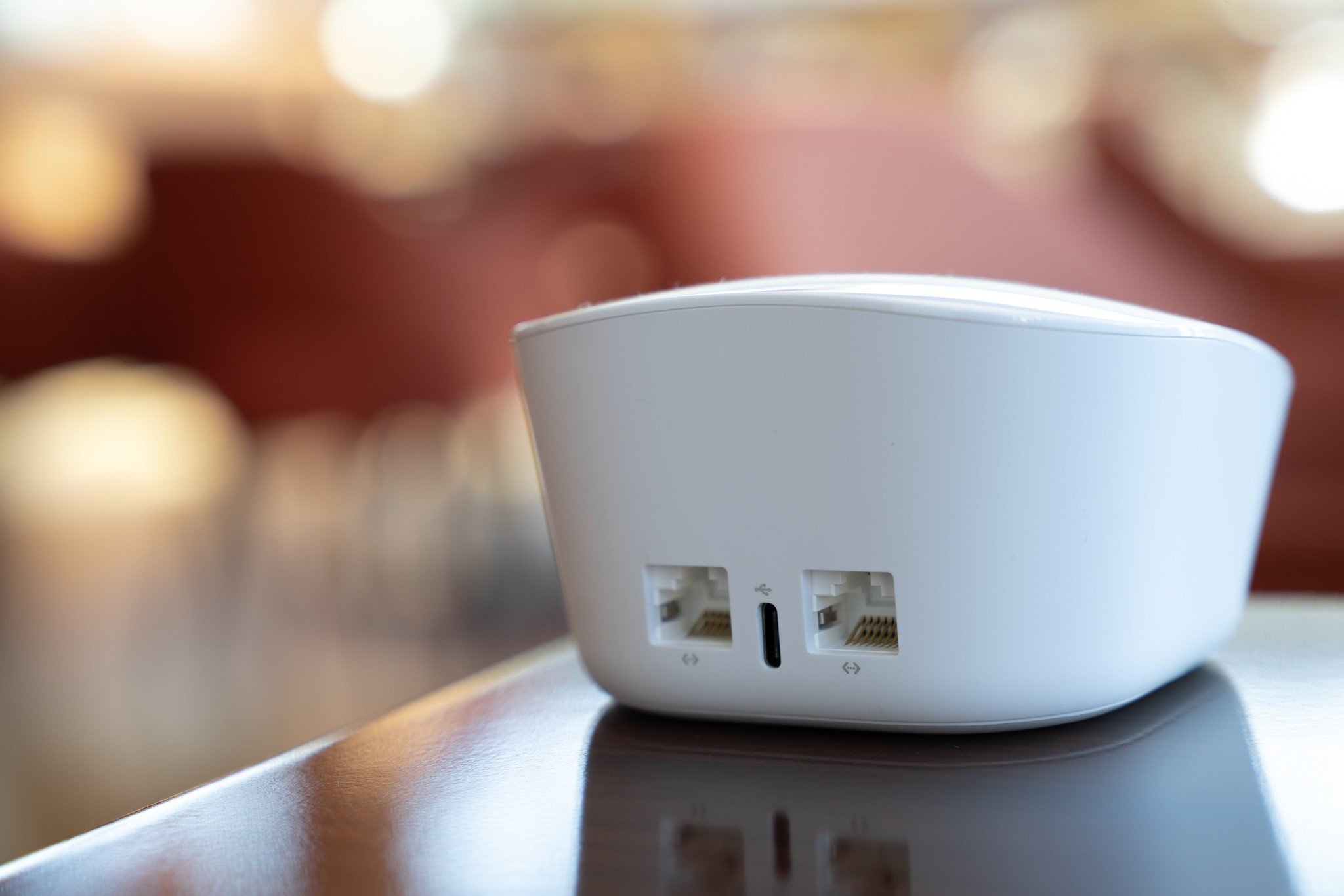

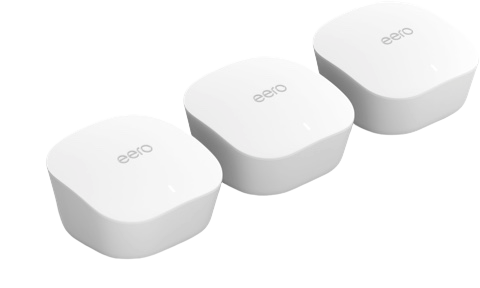

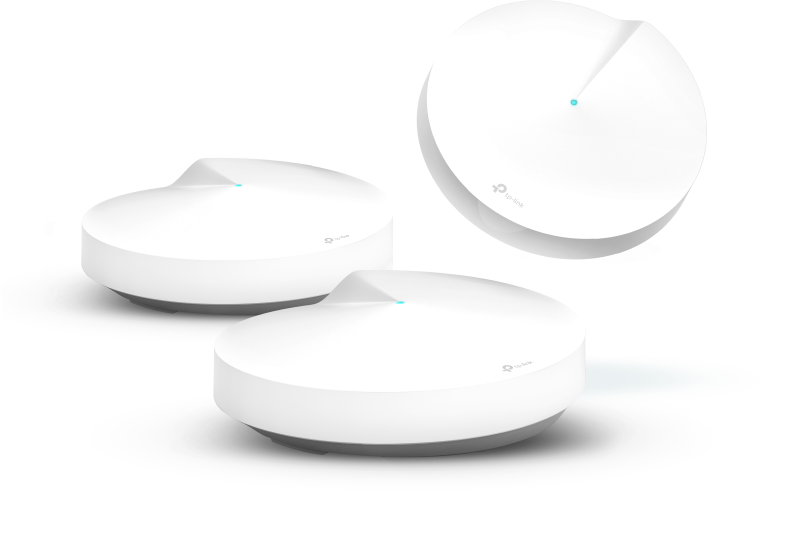
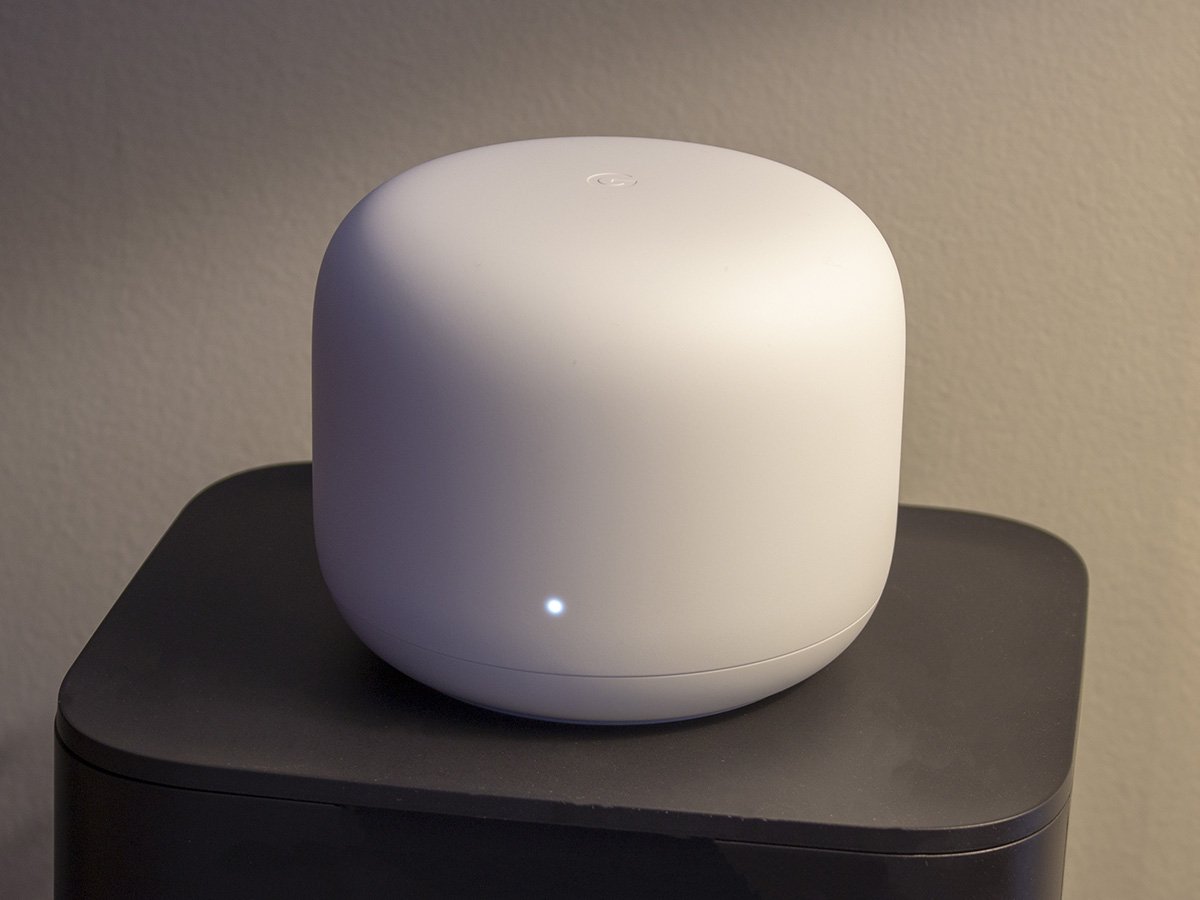
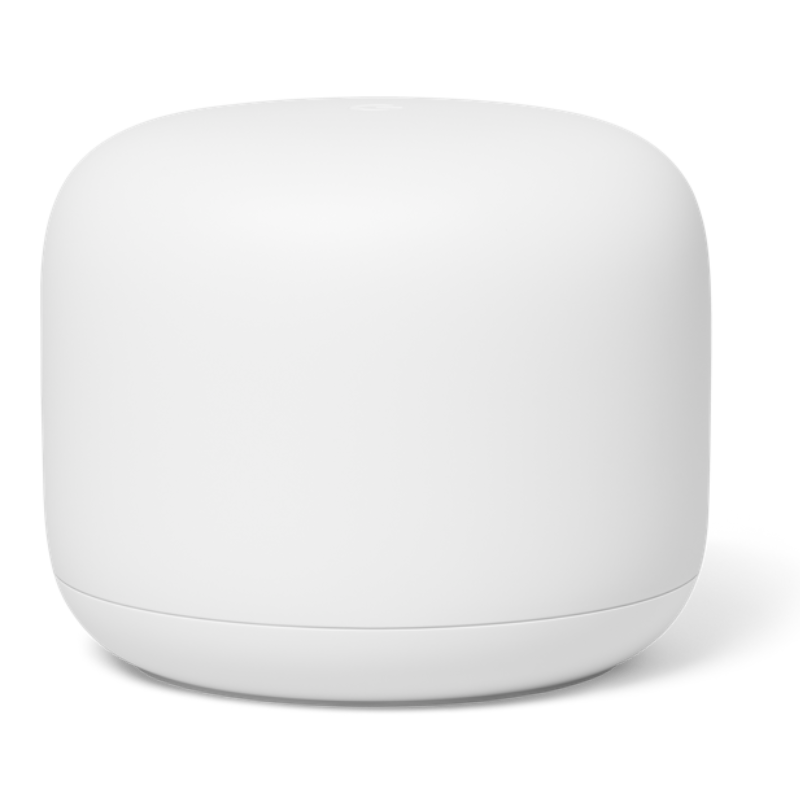
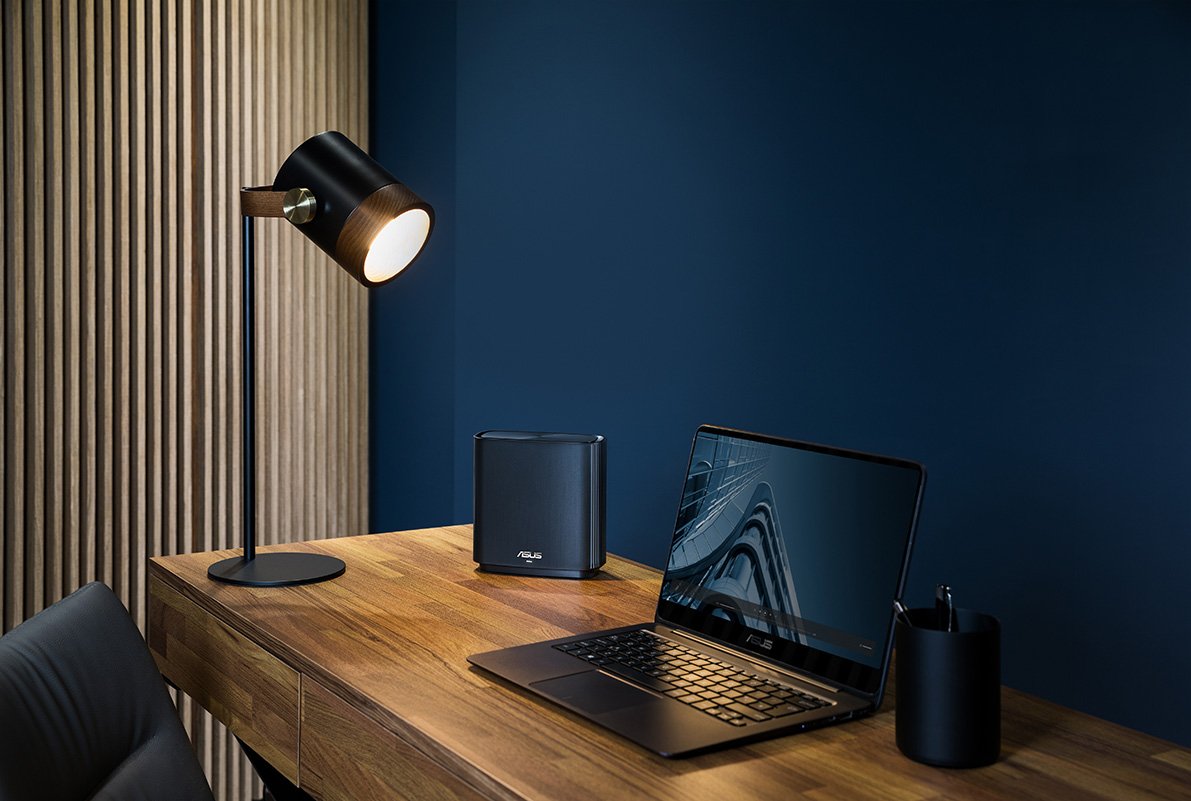

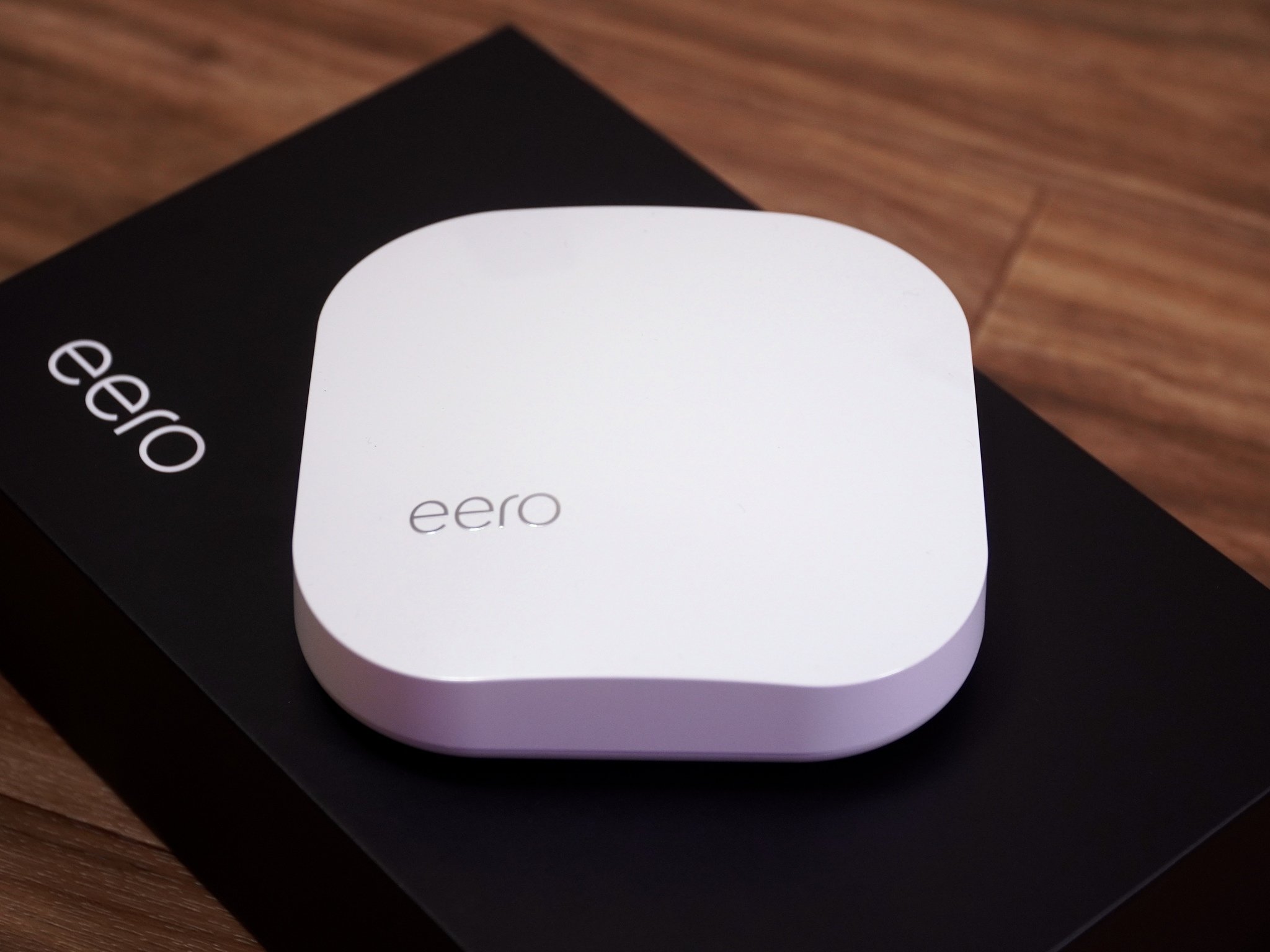
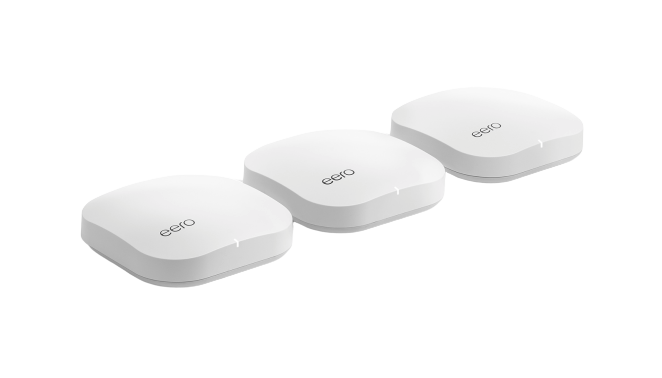
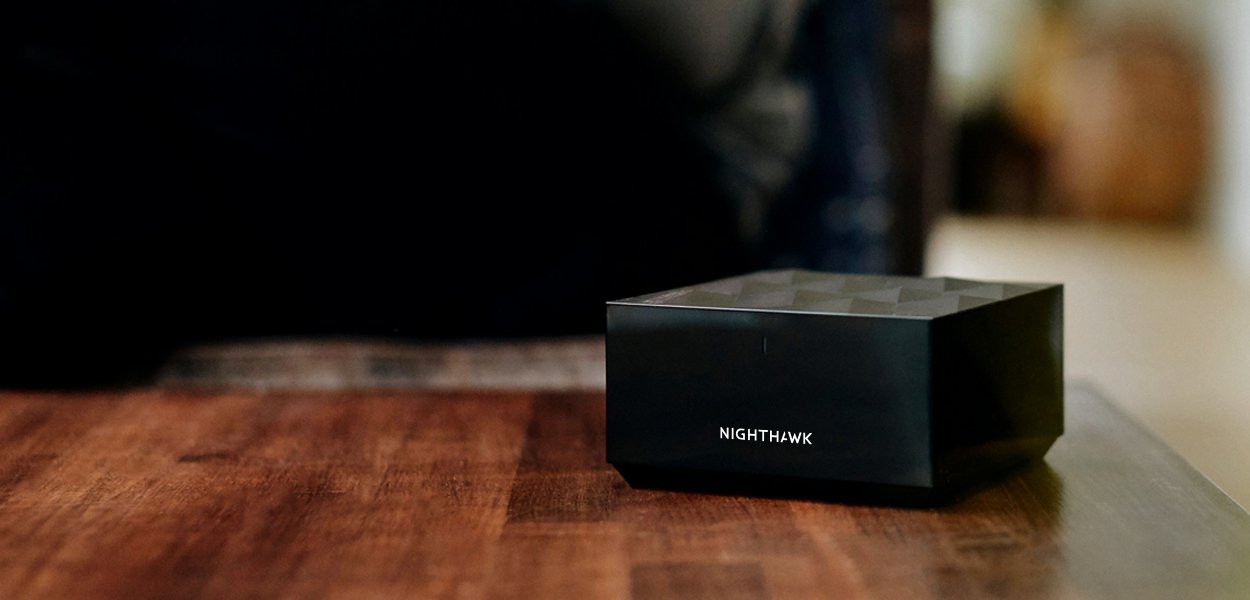

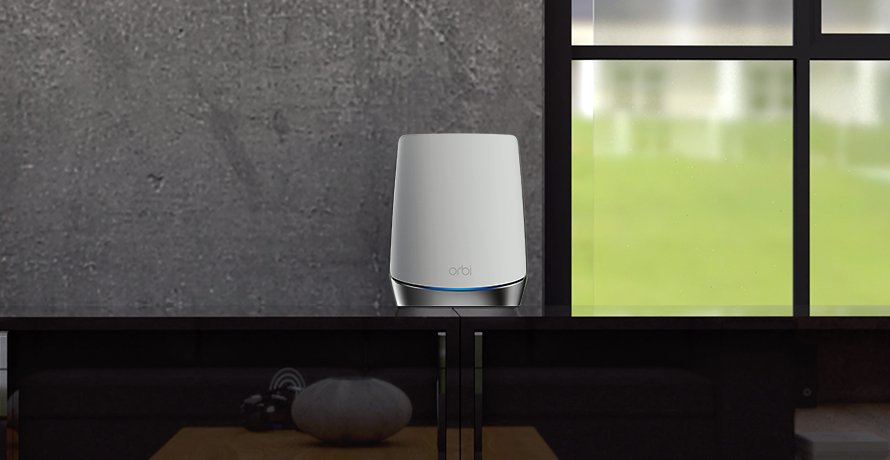
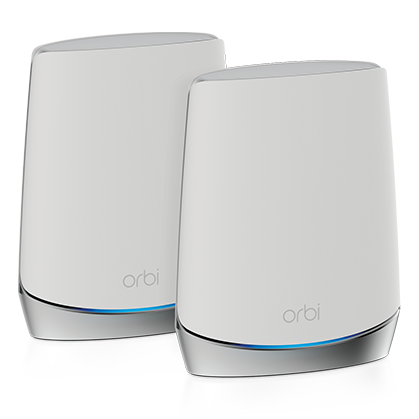
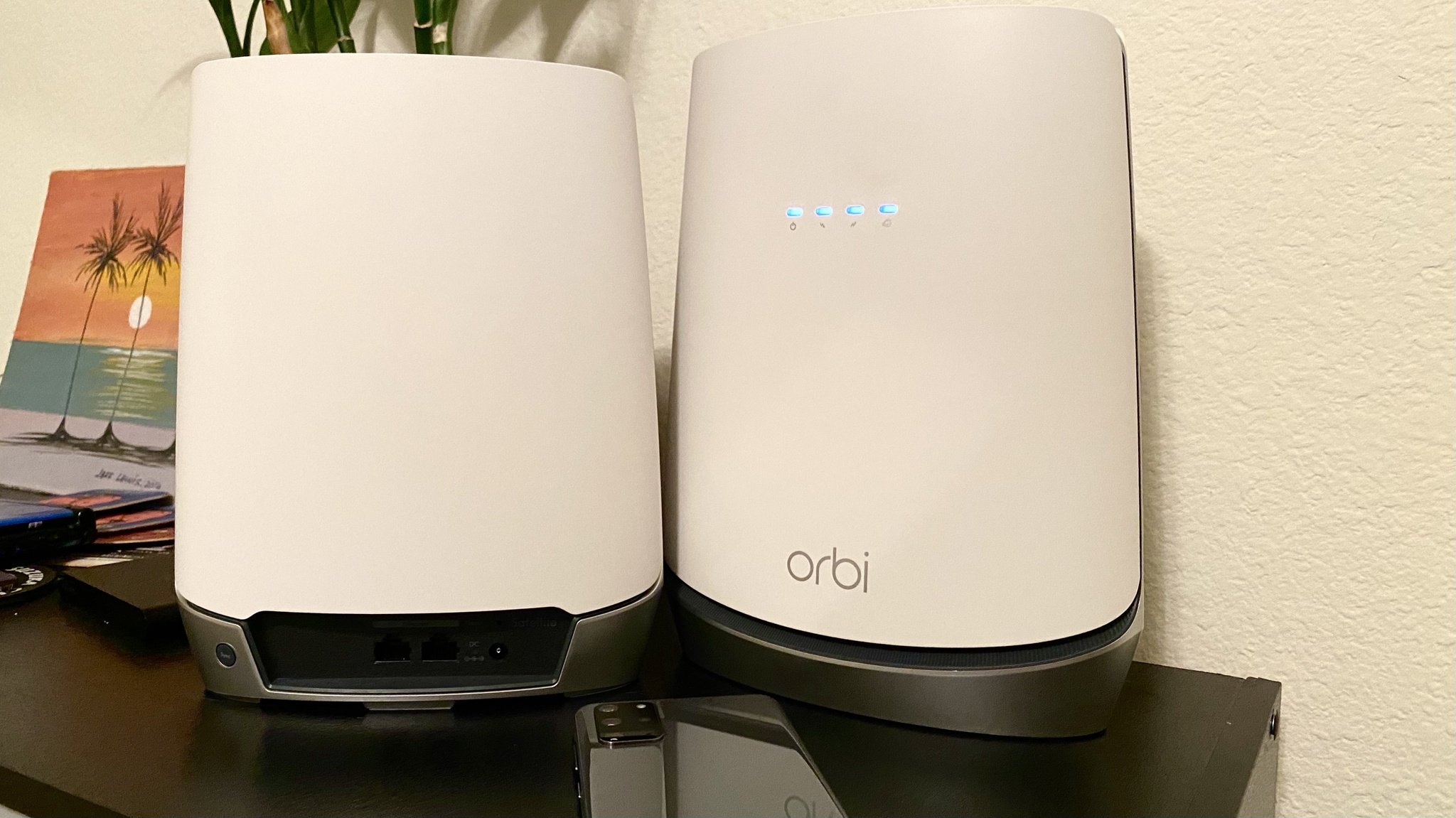
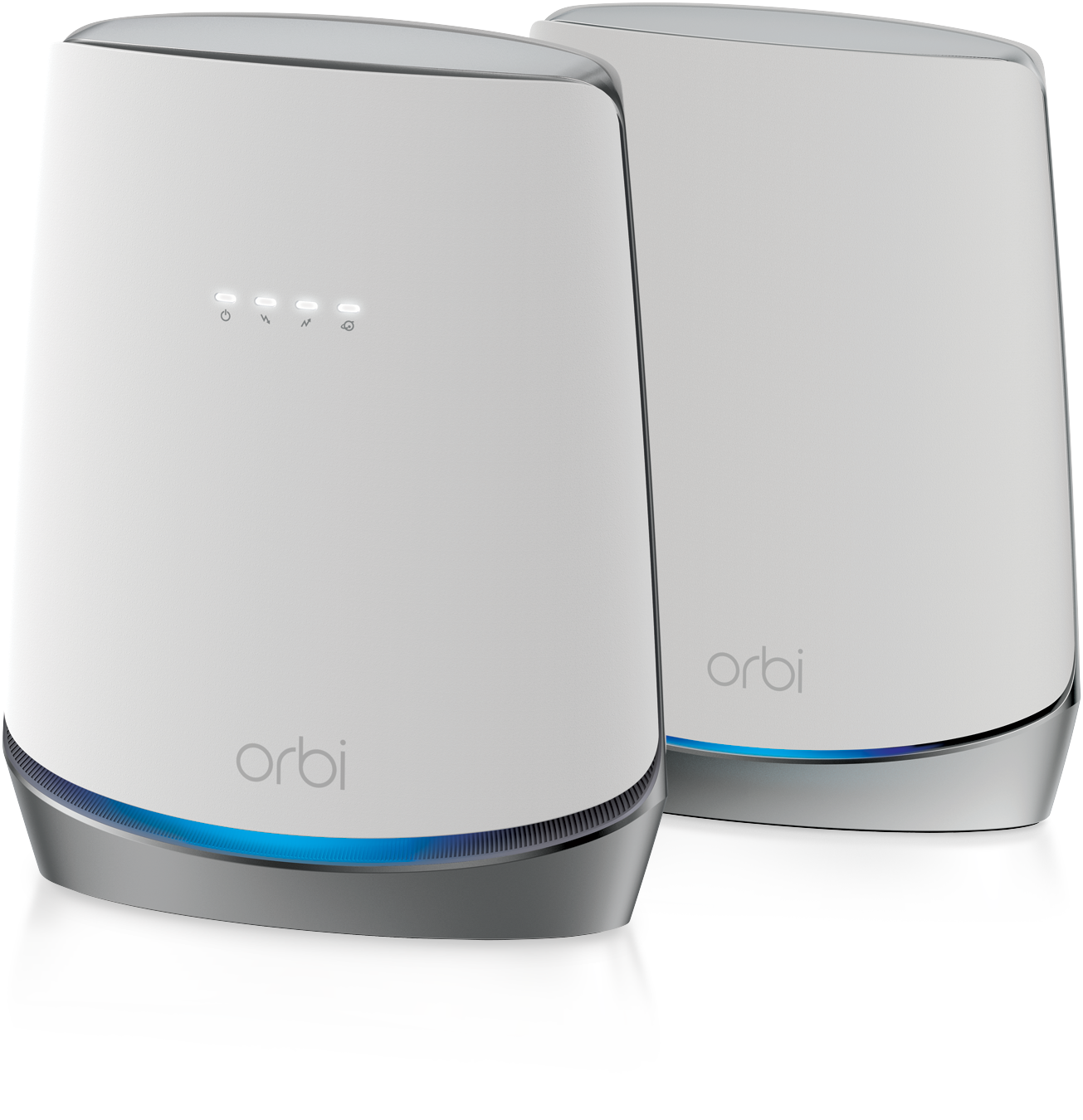
ليست هناك تعليقات: